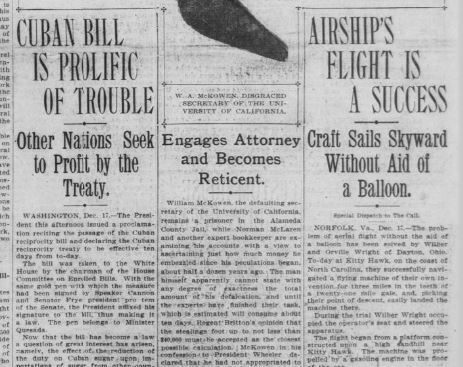
🗳️ The Age of Communities
Central institutions such as governments dominate the world, because they have solved two problems: Lack of information and the difficulty for many to people to vote all the time. Thanks to the internet, these problems are solved, and we can give more power directly to people.
Share this story!
The world we live in is dominated by central institutions: Governments, G8, G20, central banks, IMF, the World Bank, the Security Council, financial institutions, banks, multinational corporations, and municipal boards.
To a varying degree, they are elected by the people, elected by those elected by the people, elected by shareholders and in many international bodies - the Security Council for example - there are representatives elected by authoritarian governments and dictators.
These central institutions exercise enormous power.
Centralized decision-making has solved two problems
This has been a reasonable way to organize the world, because it has solved two crucial problems.
The first is an information problem. When representative democracy took shape and established itself about a hundred years ago, there was a lack of information. The voters did not have access to information to the same extent as we have today.
An example of this lack of information was when the Wright brothers flew for the first time in Kitty Hawk, North Carolina. They sent a telegram that evening which was picked up by some newspapers. Then the news almost died out. It took months before it began to get into more newspapers and it was only three years later that it became widely known that humanity had flown for the first time.

In such a world, it is smart to appoint representatives who go where the information is. For example, a politician goes to the Parliament or Congress, where documents, officials and other politicians provide the information needed for an informed decision.
Then we arrive at the second problem; to vote.
Everyone except the Swiss thinks it is very impractical to organize referendums on each and every issue. Nor has it been practically possible to let the shareholders make all decisions directly in a company and they instead appoint a board of directors, who also do not make all decisions, but appoint a CEO who represents them.
This is how it is everywhere, in the international community, in multinational companies and in small local associations. The voters, members or owners do not have all the information and it is too complicated to vote on everything, so you appoint representatives.
This has been, and is, a very successful model that has greatly contributed to the creation of massive wealth and positive development over the last hundred years.
The Internet has solved both problems
But now the Internet has solved these two problems. We have information in abundance and there are plenty of ways to vote.
This does not mean that we should immediately throw out the old model, but we should gradually abandon it in favor of giving people more direct power. Not all decisions are suitable for direct voting and some form of representativeness may in many cases continue to be the best way to run things, but a shift in power is possible and desirable.
The positive and ever-faster development we have seen over the last three hundred years has occurred because we have gradually abandoned a model of authoritarian rule and given more people the opportunity to think freely and use that freedom to also appoint and dismiss leaders.
Democracy is humankind's best invention ever. See my TEDx talk for the reasoning behind that claim.
We now have the opportunity to take the democratic revolution a step further, and that is, as I said, not just countries, but how we govern organizations and companies as well.
The Age of Communities
The next model I think will be global communities.
It may be a little more loosely composed communities, such as the researchers working together across national borders to fight the coronavirus, even though their governments do not. Or more tight communities, such as the Warp Institute and Premium Supporters, where you actively join a group that has values and a direction you support.
There will not be only one kind of community model, but thousands of different ones. In Warp's case, it is optimistic, future-oriented people who want progress to accelerate.
We at Warp and Premium Supporters, you who read this, belong to the pioneers who together will experiment with how to make decisions in such a community.
We will certainly make some mistakes, but if we think independently and at the same time use our collective intelligence, we will make more right decisions and jointly build a community with a great positive impact on the future of humanity.
By becoming a premium supporter, you help in the creation and sharing of fact-based optimistic news all over the world.


